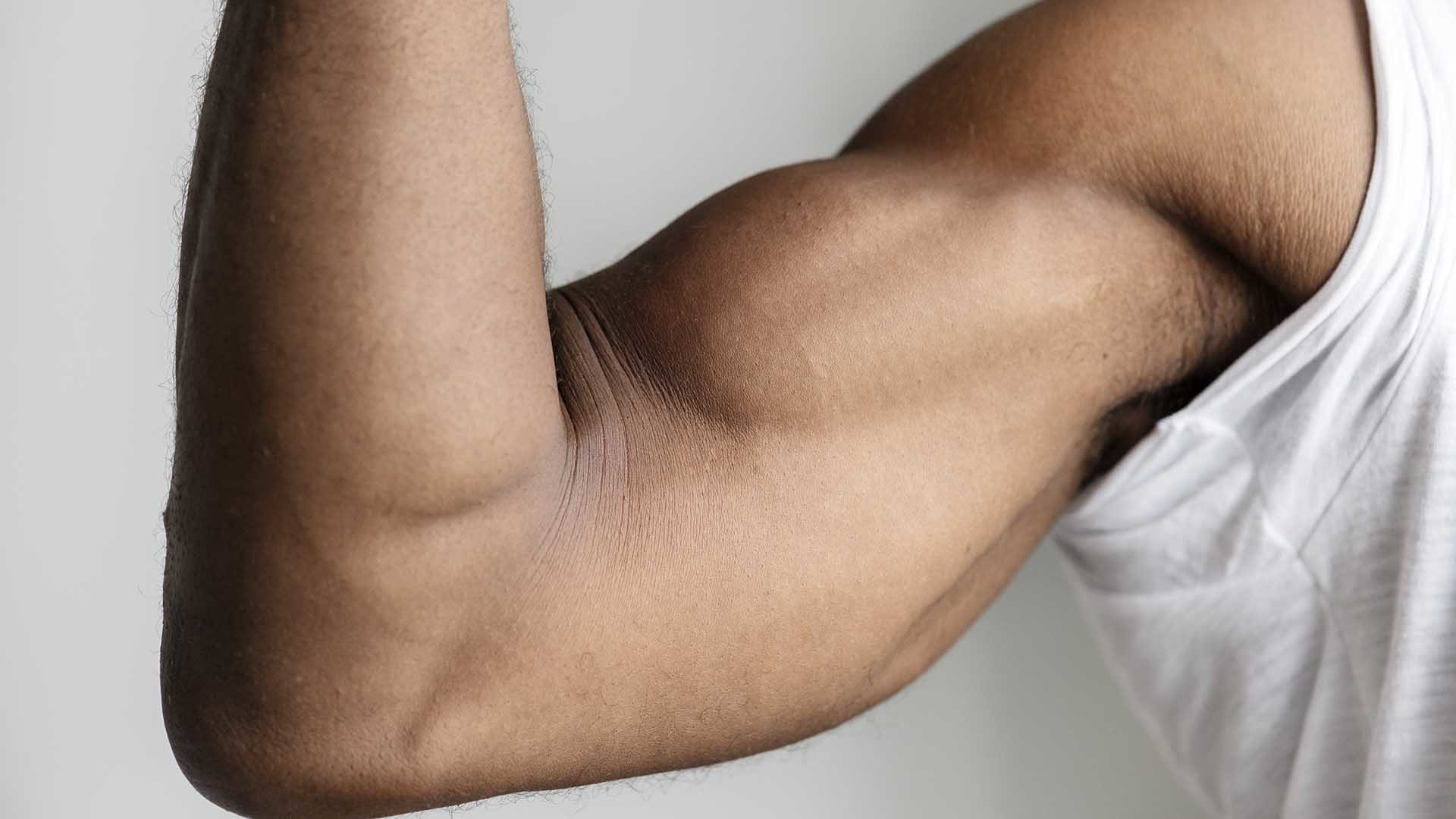
Signs That Someone Is Injecting Drugs
One of the most obvious signs that someone is using injectable drugs is the inflammation or collapsing of their veins. Injectable substances, such as heroin, may have several effects on the skin and veins. These drugs can cause the veins to bulge out, collapse, or even blow out. Injectables may also contribute to abscesses and “track marks” around the vein.
Read more to learn about the association between vein health and injectable drugs.
Commonly Injected Drugs
A drug is considered “injectable” when a liquid is administered into your veins or tissue via needle. The most commonly injected drug is heroin, but some other popular substances have injectable forms as well. Cocaine, for example, while known primarily as a powder that is snorted, can also be injected into the veins. And, of course, substances such as performance steroids are typically injected into the veins or skin as well.
These drugs can cause a variety of physical complications, especially when injected directly into the body. So why do people choose this method of drug use?
Why Do People Inject Drugs?
Before we discuss the issues that intravenous drug use can cause, let’s talk about why people even choose this dangerous method in the first place. Primarily, drug users choose to inject certain substances because the effects of the high begin more quickly and are more intense than if the person were to administer drugs another way. Injecting drugs may sometimes also be referred to as “jacking up,” “shooting up,” or “slamming.”
Vein Damage: How Does It Happen?
When you inject a substance into your veins, you could be risking many health conditions. Of course, using drugs this way can cause dark pigmentation, scarring, and bruising near the injection site. But additionally, injectables may cause blood vessels to clog. And finally, injecting drugs over an extended period of time may lead to serious issues like heart attacks, strokes, HIV, hepatitis, and organ damage.
There are many drug-related, technique-related, and hygiene-related reasons why complications may arise from injectable drug use. Users might begin to notice bulging veins, cysts, ulcers, skin infections, puncture wounds, and even collapsed veins after repeated intravenous use.
Signs Of Drug Injection
There are also many skin-unrelated symptoms of drug injections that may be able to tell you if someone you know is using. Here are some signs that someone has recently injected drugs:
- Hiding marks on their skin
- Dry mouth
- Flushed skin
- Suddenly falling asleep
- Constricted pupils
- Nausea/vomiting
- Excessive itching
- Loss of self-control
- Slow breathing
Treatment For Substance Abuse Disorders
Substance abuse disorders can be maintained and treated with help from rehabilitative and medical expertise. If you or a loved one is planning to stop using an injectable drug such as heroin, it’s important to contact a doctor before suddenly quitting. This is because withdrawal can be extremely intense; however, symptoms can be relieved with the help of detoxing programs at rehabilitation facilities.
After detoxing, individuals are encouraged to stop intravenous drug use and continue on the road to recovery. Rehabilitation centers may offer programs such as therapy, peer support groups, contingency management, and more to help individuals with substance abuse issues move on from their addiction to live a happy & healthy life. Call Steps to Recovery today to gather more information about our programing 267.719.8528.
Sources
https://vertavahealth.com/blog/dangers-skin-popping-drugs/
https://www.healthline.com/health/signs-heroin-addiction#getting-help
https://drugabuse.com/blog/dangers-of-iv-drug-use-what-you-need-to-know-about-track-marks/
https://harmreduction.org/issues/safer-drug-use/injection-safety-manual/potential-health-injections/
Explore this article:
Explore Our Facilities
Drug and alcohol detox and residential treatment for addiction and mental health disorders
Outpatient treatment center for substance use disorder and mental health disorders
Outpatient treatment center for substance use disorder and co-occurring mental health disorders







